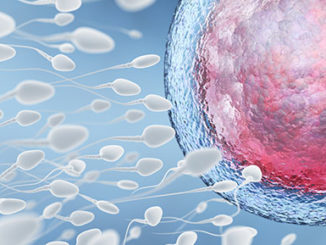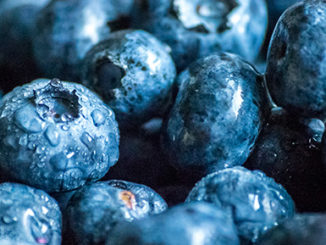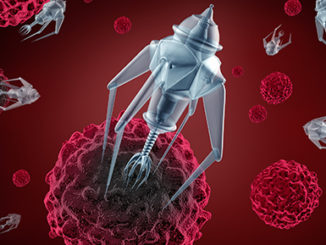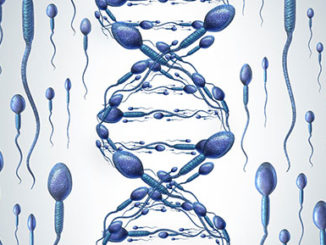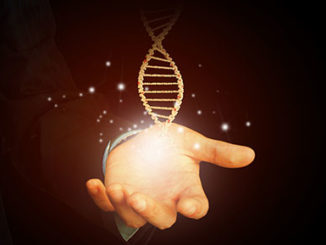Natural Compounds in Grapes Could Lead Us to An Epigenetic Treatment for Depression
Recent research suggests that our diet and lifestyle can change the expression of our genes. This occurs by adjusting epigenetic marks on top of our DNA without actually making any changes to the underlying genetic sequence. For example, blueberries were found to epigenetically reduce DNA damage and drinking green tea may turn some genes on or off in women. In a new epigenetic study published in Nature Communications, researchers from Icahn School of Medicine at Mount Sinai have identified two [more…]




